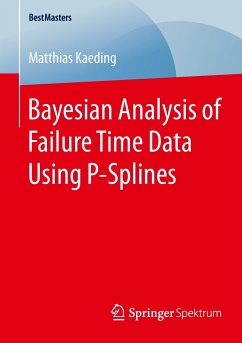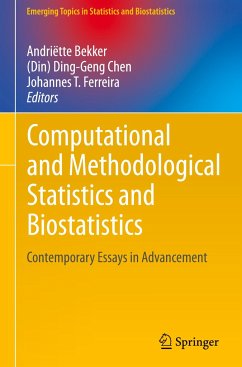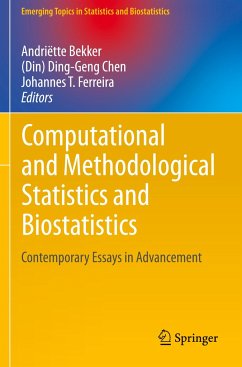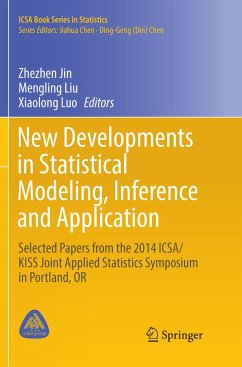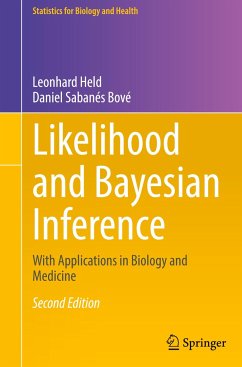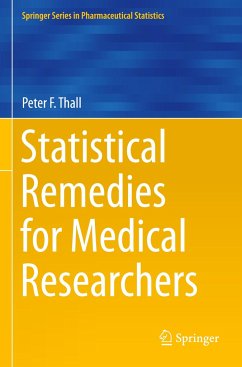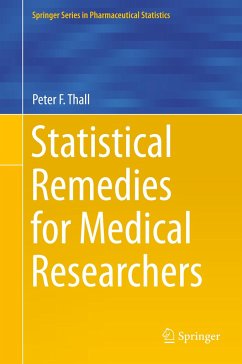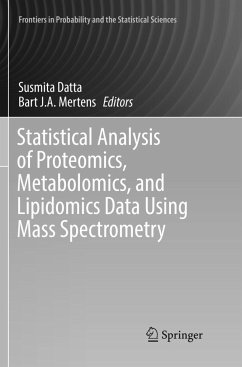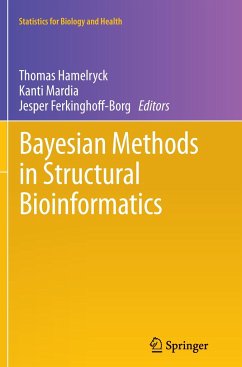
Bayesian Methods in Structural Bioinformatics
Versandkostenfrei!
Versandfertig in 6-10 Tagen
76,99 €
inkl. MwSt.

PAYBACK Punkte
38 °P sammeln!
This book is an edited volume, the goal of which is to provide an overview of the current state-of-the-art in statistical methods applied to problems in structural bioinformatics (and in particular protein structure prediction, simulation, experimental structure determination and analysis). It focuses on statistical methods that have a clear interpretation in the framework of statistical physics, rather than ad hoc, black box methods based on neural networks or support vector machines. In addition, the emphasis is on methods that deal with biomolecular structure in atomic detail. The book is h...
This book is an edited volume, the goal of which is to provide an overview of the current state-of-the-art in statistical methods applied to problems in structural bioinformatics (and in particular protein structure prediction, simulation, experimental structure determination and analysis). It focuses on statistical methods that have a clear interpretation in the framework of statistical physics, rather than ad hoc, black box methods based on neural networks or support vector machines. In addition, the emphasis is on methods that deal with biomolecular structure in atomic detail. The book is highly accessible, and only assumes background knowledge on protein structure, with a minimum of mathematical knowledge. Therefore, the book includes introductory chapters that contain a solid introduction to key topics such as Bayesian statistics and concepts in machine learning and statistical physics.





